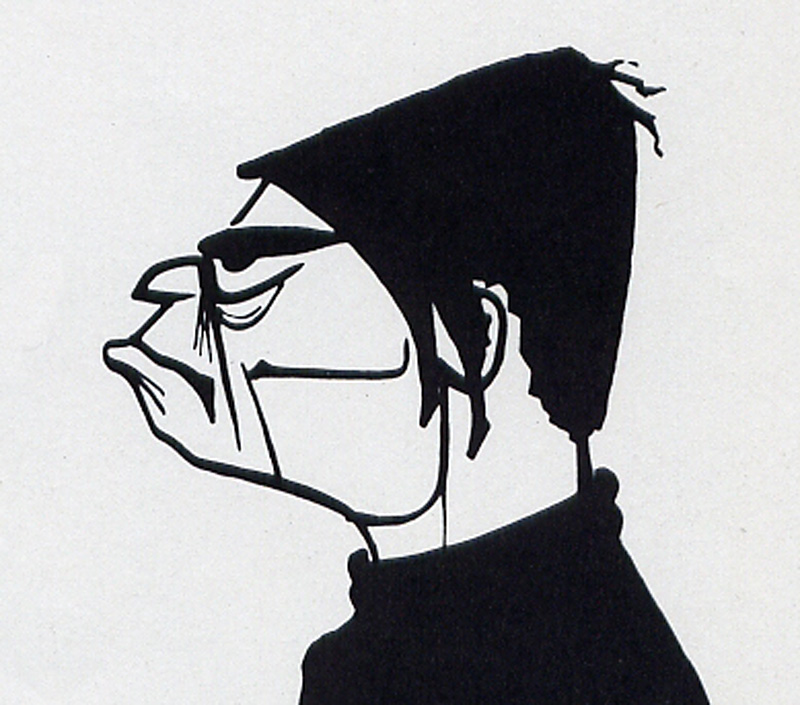To those who remember his appearances on David Letterman’s show in the ’80s, Brother Theodore was a German-accented, white-haired old crank whom Dave tried to goad—without much success—into a smile. His existential gloom was a stage act, originating in the 1940s, but its source was real: Theodore Gottlieb (1906–2001) played chess with Einstein, lost his family and fortune in the Holocaust, emigrated to America, and became a “stand-up tragedian” whose one-man shows and TV appearances never quite delivered the success he craved. Drawing on a considerable archive of clips and Theodore’s diaries, director Jeff Sumerel crafts a suitably eccentric and ultimately moving documentary tribute. A Brother Theodore puppet ruminates on his life; audio interviews—the voices identified only in the end credits—reveal admirers including Woody Allen, Penn and Teller, and Eric Bogosian, who places Theodore in the Weimar cabaret tradition of confrontational comedy and audience discomfort. His style is both Brechtian and self-abasing, laughter from scolding and doom. (One signature line: “As long as there is death, there is hope.”) Offstage, Theodore was evidently a charming womanizer who divorced his American wife in the ’40s and only reunited with his son four decades later. It’s axiomatic that comedy springs from pain, yet it’s hard to locate Theodore’s morbid heirs today. Perhaps the indignant ranting of Lewis Black comes closest, but few American comics are willing to risk joking at the edge of the grave.
To My Great Chagrin: The Exceptionally Cranky Life of Brother Theodore








